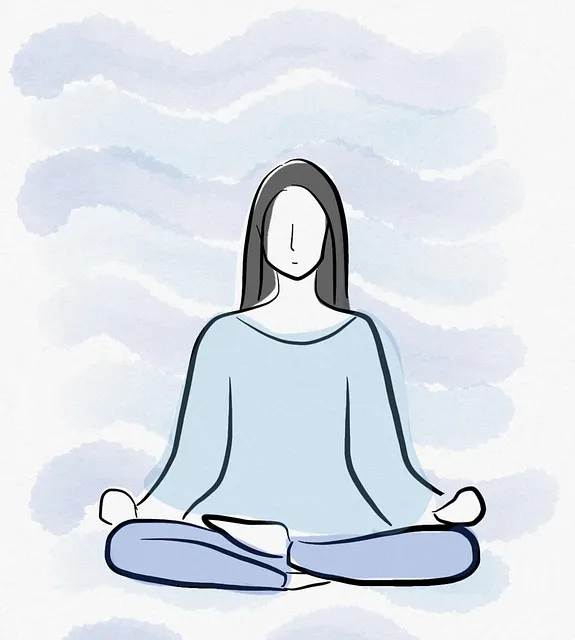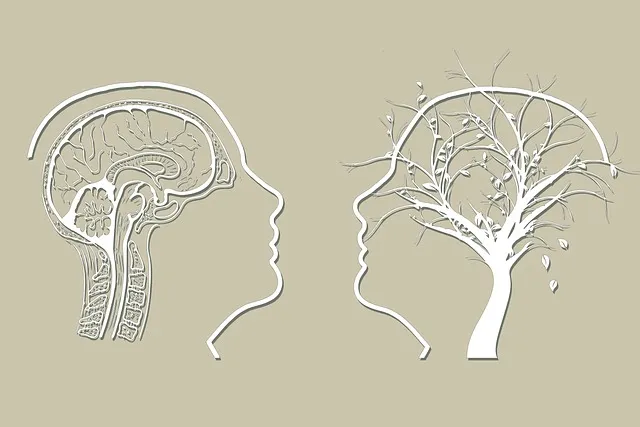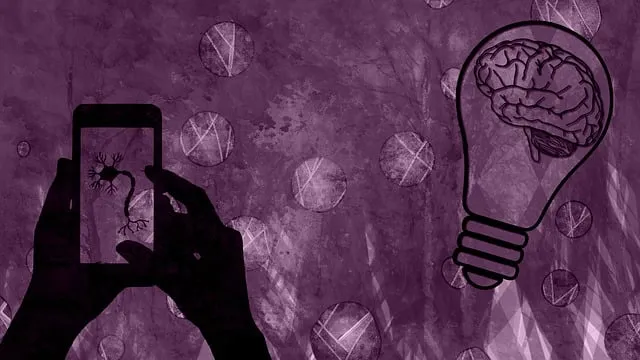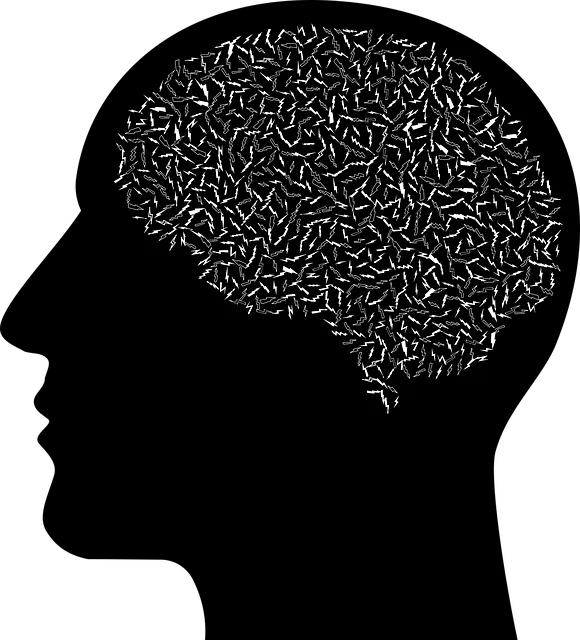Kaiser's inpatient facility in Wheat Ridge offers powerful group facilitation for mental wellness, creating supportive communities where individuals connect with peers, build resilience, and develop coping strategies. Facilitators, trained in active listening, empathy, and Cultural Competency, guide structured activities and discussions to foster open communication, trust, and personal growth. Engaging techniques like icebreakers and art therapy cater to diverse learning styles, while regular risk assessments prioritize the well-being of both facilitators and participants, ensuring a safe and beneficial environment for long-term mental wellness.
In today’s digital era, mental wellness group facilitation is gaining prominence, especially with institutions like Kaiser in Wheat Ridge offering inpatient services. This article explores effective techniques for facilitating mental wellness groups, focusing on creating safe and supportive environments. We’ll delve into engaging activities and strategies that enhance group sessions, providing insights into how professionals can foster meaningful connections and positive outcomes. By understanding these techniques, facilitators can revolutionize mental health support within their communities.
- Understanding Group Facilitation for Mental Wellness
- Techniques to Create a Safe and Supportive Environment
- Engaging Activities and Strategies for Effective Group Sessions
Understanding Group Facilitation for Mental Wellness

Group facilitation for mental wellness is a powerful tool that goes beyond individual therapy, aiming to create a supportive and therapeutic environment for participants. In Wheat Ridge, where Kaiser offers inpatient mental health services, group sessions play a significant role in enhancing overall well-being. These facilitations provide a unique opportunity for individuals to connect with peers facing similar challenges, fostering a sense of community. By encouraging open dialogue, sharing experiences, and offering mutual support, group therapy can be a game-changer in burnout prevention, boosting confidence, and cultivating inner strength.
Effective facilitation techniques are essential to ensure that these groups remain engaging and beneficial. Facilitators act as guides, helping members navigate through their emotional journeys. Through structured activities, guided discussions, and mindfulness exercises, facilitators create a safe space where participants can explore their mental health, build resilience, and develop coping strategies. The goal is to empower individuals not only in the group setting but also in their daily lives, promoting long-term mental wellness.
Techniques to Create a Safe and Supportive Environment

Creating a safe and supportive environment is paramount for effective mental wellness group facilitation. Facilitators at Kaiser in Wheat Ridge, with their inpatient mental health services, understand the significance of this aspect. One key technique involves establishing clear boundaries and rules from the outset, ensuring every participant feels heard, respected, and understood. This paves the way for open communication, fostering a sense of trust among group members.
Additionally, incorporating active listening and empathy into facilitation allows for the recognition and validation of diverse experiences. Healthcare providers can enhance this through Cultural Competency Training, enabling them to address unconscious biases and create an inclusive space. By practicing conflict resolution techniques, facilitators can also manage disagreements constructively, preventing burnout and promoting a harmonious atmosphere conducive to healing and personal growth.
Engaging Activities and Strategies for Effective Group Sessions

Engaging activities are a cornerstone of successful group facilitation, especially in mental wellness sessions. Techniques like icebreakers and experiential exercises foster a safe, supportive environment where participants feel comfortable sharing their experiences. For instance, starting with a simple introduction activity helps build camaraderie and establishes ground rules, creating a solid foundation for deeper discussions.
Additionally, creative strategies such as role-playing scenarios or art therapy can facilitate complex conversations about mental illness stigma reduction efforts. These activities not only promote active participation but also allow individuals to express themselves uniquely. Incorporating diverse methods caters to different learning styles, ensuring that each member of the group—even those with severe mental health conditions—can engage and benefit from Kaiser’s Wheat Ridge inpatient services or community-based Mental Health Education Programs Design. Effective facilitation also involves regular risk assessments for mental health professionals to ensure the well-being of both facilitators and participants, fostering a positive environment conducive to healing.
In the realm of mental wellness, group facilitation plays a pivotal role in fostering community and support. As demonstrated, creating a safe space through techniques like active listening and empathetic responses is essential for successful sessions. Engaging activities, such as sharing circles and collaborative problem-solving, further enhance this process. By understanding these facilitative strategies, individuals like those supported by Wheat Ridge’s Kaiser inpatient mental health services can navigate their journeys with enhanced resilience and connection.






